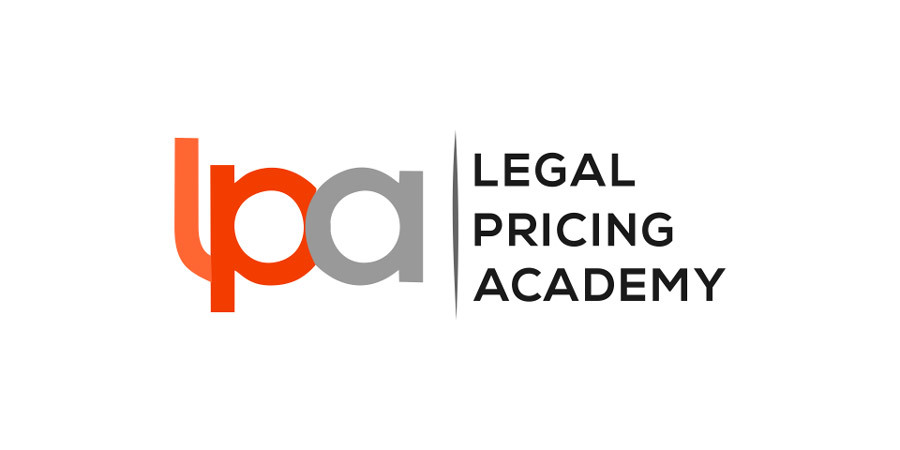Lawyers must constantly prioritise competing client demands and cope with the exasperation wrought by clients who think that we are sitting at our desks twiddling our thumbs waiting for them to phone us with new instructions.
“An Englishman, even if he is alone, forms an orderly queue of one”
George Mikes, British author (1912 – 1987)
Is there a legal basis to charge a premium for urgency?
Two of the huge challenges for any busy legal practitioner are the never-ending prioritisation of competing client demands and coping with our exasperation with clients who think that we are sitting at our desks twiddling our thumbs waiting for them to phone us with new instructions. Unfortunately many clients are either unwilling or unable to form ‘an orderly queue’ and instead either want to or genuinely need to jump to the front of the queue. The question is should they pay more for the privilege of doing so?
To break this down into bite-size pieces, I'm going to divide this post into two parts; first, is it legally permissible and commercially sensible to charge clients a premium for urgency. The second part which will comprise next week's post, will address the practicalities of implementing such a practice.
England , the United States , Australia and New Zealand all have professional pricing guidelines that set out a variety of factors which practitioners are obliged to take into account when determining what constitutes a fair and reasonable fee.
There are subtle differences between these lists of criteria but in general terms they include a combination of such factors as:
- the time and labour expended
- the skill, specialised knowledge and responsibility required to perform the services properly
- the importance of the matter to the client and the results achieved
- the urgency and circumstances in which the matter is undertaken and any time limitations imposed, including those imposed by the client
- the degree of risk assumed by the lawyer in undertaking the services, including the amount or value of any property involved
- the complexity of the matter and the difficulty or novelty of the questions involved
- the experience, reputation and ability of the lawyer
- the possibility that the acceptance of the particular retainer will preclude engagement of the lawyer by other clients
- whether the fee is fixed or conditional (whether in litigation or otherwise)
- any quote or estimate of fees given by the lawyer
- any fee agreement (including a conditional fee agreement) entered into between the lawyer and client
- the reasonable cost of running a practice
- the fee customarily charged in the market and locality for similar legal services
So in most jurisdictions, charging a premium for urgency is legally mandated.
Okay, but is it commercially prudent?
This brings us to the question of whether it is commercially feasible or prudent to charge clients extra for the privilege of jumping to the front of the queue. When I discuss this with colleagues, a common response is that yes, clients should pay a premium to jump to the front of the queue but we could never get away with charging it. How do you know? Have you tried? A small number of practitioners who have mastered the art do so all the time, and without losing clients in the process.
The reality is that consumers are already entirely conditioned to paying a premium in many other aspects of their lives. I want to share with you an example I experienced which I have never forgotten because it reinforced the point for me with such clarity. Several years ago, my wife and I were driving a rental car up the Pacific Coast Highway from LA to San Francisco. Before leaving LA, we decided to call in to Universal Studios on our way out of town. Because of the need to be at our next destination, we only had about five hours available to spend at Universal. We were confronted with two ticket prices. One was US$45 each for the standard pass and the other was US$90 each for the VIP pass.
Amongst other things, the VIP pass entitled you to go to the front of the queue. This may not appear at first glance to be a big deal but consider that this was the school holidays and the queues for all the popular attractions such as Indiana Jones and the Raiders of the Lost Ark were 3 hours! Paying double the price to jump to the front of the queue was a no-brainer and in the final analysis represented exceptionally good value for money. We did the Raiders of the Lost Ark ride 3 times in 40 minutes.
You are probably leaving money on the table...
Every law firm and barrister that I have ever worked with on a consultancy basis leaves countless revenue on the table every year (all of it pure profit) because of a failure to appreciate the commercial significance and legitimacy of a judiciously applied urgency premium.
In next week's post I will look more closely at the practicalities of how to implement the strategy with the clients’ complete agreement.

